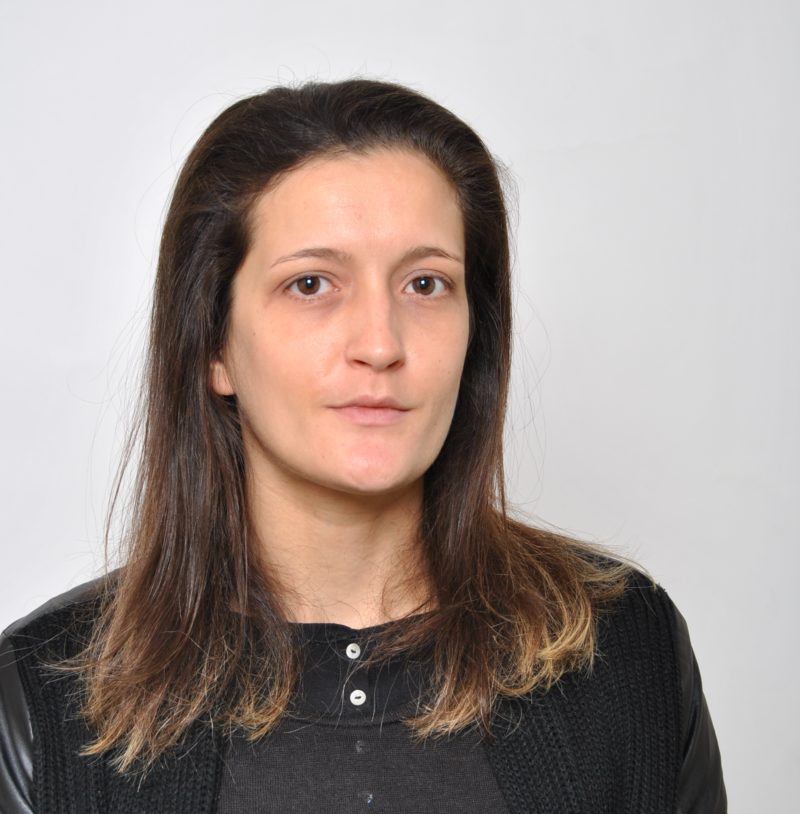This essay has been created by Kristina Radovic, Project Coordinator at Belgrade Fair in Serbia, as application for our Young Professionals Seminar “How to strengthen the Eurozone“, which takes place on 17th and 18th October, 2019, in Lisbon.
The European Union, a politico-economic entity consisting now of 28 sovereign states, is an ongoing process initiated after World War II. Its goal is to speed up and enable a more efficient restoration of states devastated after the war. The main idea was to pool the resources, thus creating interdependence and prevent another armed conflict of world proportion.
The vision that the EU wants to keep going is of peace and economic prosperity for all, and all-encompassing development. This mission of maintaining one free market allows people, goods, services, and capital to move without any constraints, and common policies (currency, trade, agriculture). This vision keeps facing difficult challenges, which are more or less successfully surmounted, especially with more countries joining, and others leaving, the union.
Probably the most difficult challenge is the financial one, with its constant presence in each of the countries, as well as in the European Union as a whole. Even though many think that economic situations had improved and gained more stability since 2017, there are still countries which are suffering under the burden of their national debts and austerity measures. These significant economic difficulties gave wings to populist and anti-European parties, whose ideology can weaken the union.
This was evident from the results of the recent European Parliamentary elections, with a quarter of the seats going to populists. However, with a higher turnout than usual and more motivated pro-European voters, the pro-EU left has also gained ground. These ˝euroskeptics˝ believe that too much sovereignty has been awarded to Brussels, fueled by concerns on how it has handled the Eurozone crisis, with a sense of a decreased democracy. This has prepared the stage for a very intense struggle concerning the direction the European Union is going to take. It remains unclear if it will be a path of a more integrated European Union, between the existing member states, and those with the candidate status (for example: Serbia being one of them). Another possibility being that of lesser integration, leaving those states which have already entered the integration process in an enviable position.
This state of affairs was highly exacerbated with the Brexit, beginning in June 2016 and without an end in sight, due to constant delays. We are yet to see whether October 31st will be marked as a historic day from which the EU will continue its rocky journey without the United Kingdom as their fellow member.
The rise in the popularity of the west-wing parties was influenced by the recent migratory crisis, with millions of refugees fleeing conflicts and poverty in their countries, in the hope that western European countries will be their destination. This situation has exposed the vast divide among EU countries regarding their stance towards migrants, questioning the EU’s value of solidarity. One of the pillars of the EU, free movement and the Schengen area, has been threatened, with many countries introducing border controls, also in fear of increasing flux of terrorists. The question of economic implications has, again, divided the opinions, where some believe that the migratory crisis will strain the economy of the EU members, while others believe the opposite, that this influx will, in the long run, prove to be beneficial. There has been severe criticism on how the EU and Brussels have dealt with this ongoing situation, causing a further division.
This additionally builds upon the issue of the terrorist threat, since the EU´s ability to counter is strained by the divide in the governments’ views regarding potential usage of force and the protection of human rights.
The next period may very well turn out to be crucial for the future of the European Union, or more so regarding what the European Union stands for. Never before has the identity of the EU withstood so many quakes, while still keeping its ground. However, it seems that with the recent shifts in the political climate, the path the EU is likely to be forced to take, will, more or less, diverge from its core principles and its vision. The necessity for changes concerning treaties and decision-making processes has become increasingly evident. This could lead to a broader change of the entity of the EU, dividing it into ˝core˝ and ˝peripheral˝ countries. The latter could choose not to implement integration efforts in certain fields, even though it seems as this is already happening.
In the end, it will be the people left standing, wondering who are those whose decisions are impacting their lives and more importantly, the lives of the future generations? Will they grow up shaped by different values and with different viewpoints than those who lived during the prosperous years of the European Union? Or will the initial vision persevere, despite increasing challenges the EU seems to face year after year?



